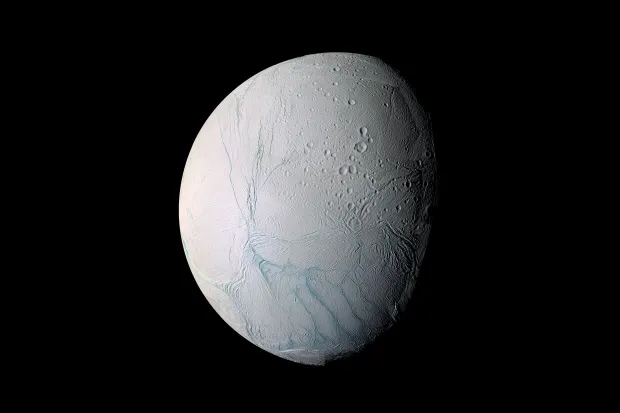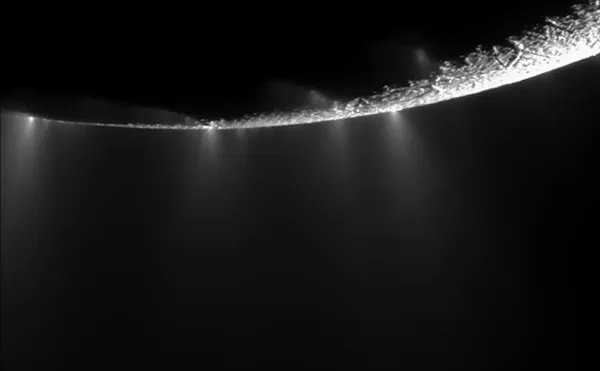
Enceladus, a moon of Saturn much smaller than our own, seemed inconsequential to astronomers until the Cassini mission's arrival in 2004. However, flybys in 2005 unveiled a major surprise: water plumes erupting from beneath its icy surface, likely fueled by an underground ocean. Suddenly, Enceladus became a focal point for astrobiologists, as water is a crucial ingredient for life. A recent study published in Nature Astronomy suggests that Enceladus may possess more than just water.
This research delves into data from Cassini, comparing it with 50 chemical compounds suspected to be present in samples analyzed by its Ion and Neutral Mass Spectrometer (INMS). The analysis revealed evidence of various organic compounds beyond those previously detected, such as acetylene, propylene, ethane, methanol, molecular oxygen, and hydrogen cyanide. These findings bolster the notion that Enceladus may harbor conditions conducive to life despite its icy exterior.
Despite its ominous name, hydrogen cyanide is a crucial compound found with high certainty in the dataset. It is considered a fundamental building block for the synthesis of complex compounds related to the origin of life, potentially serving as a precursor to the proteins found in DNA and RNA.

Additionally, the presence of various hydrocarbons is promising, as they often serve as a substrate for microbial life on Earth, providing sustenance for simple organisms.